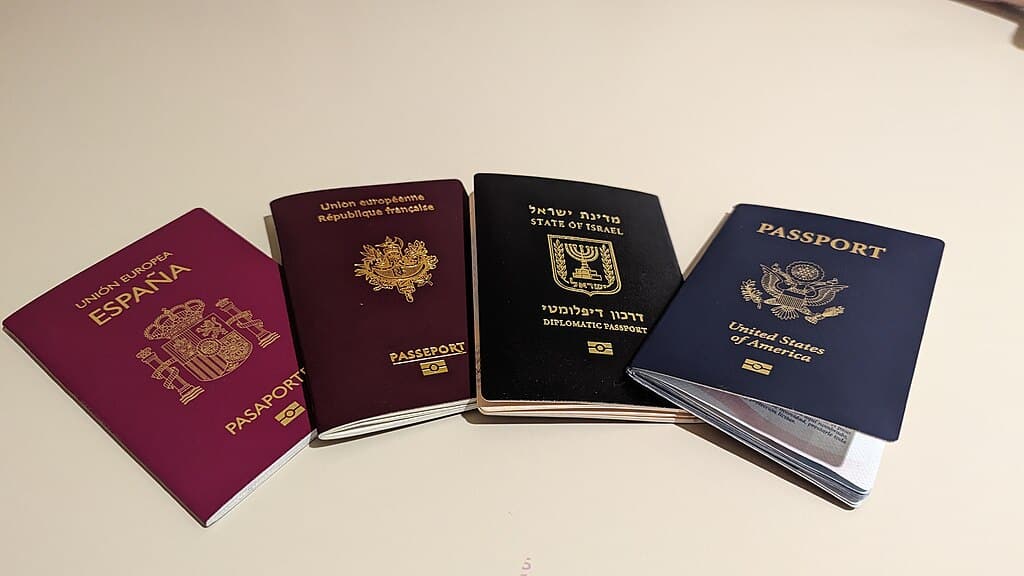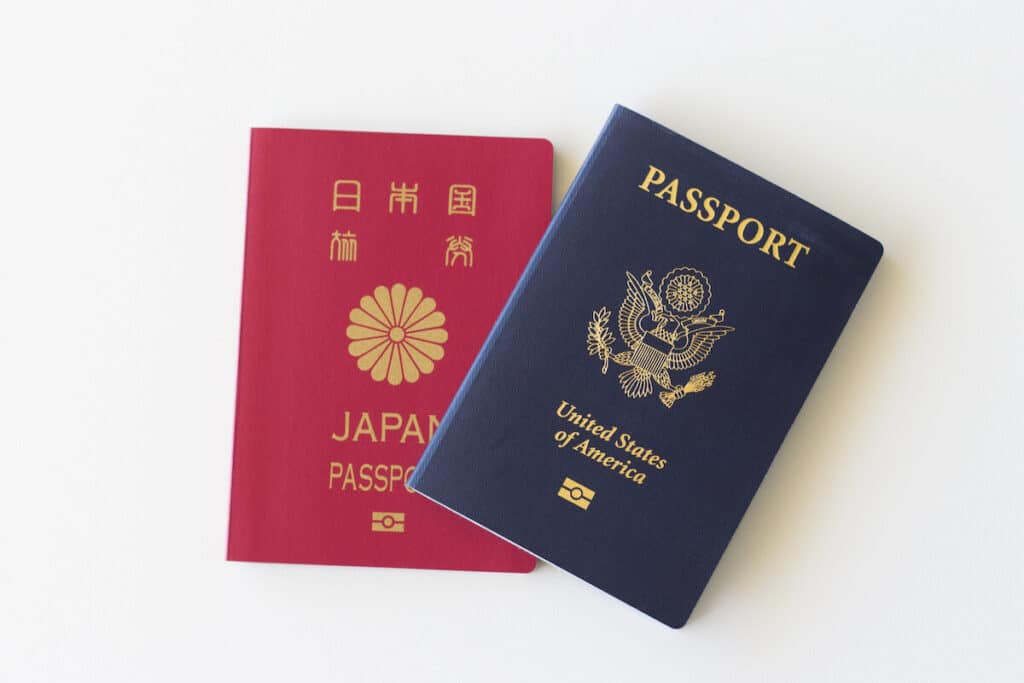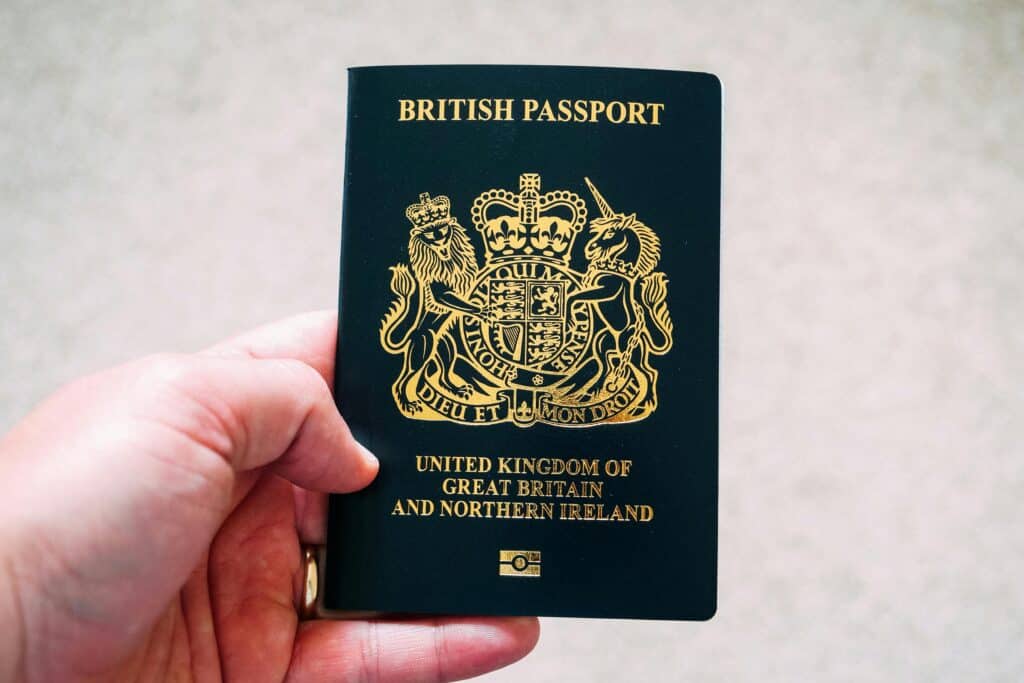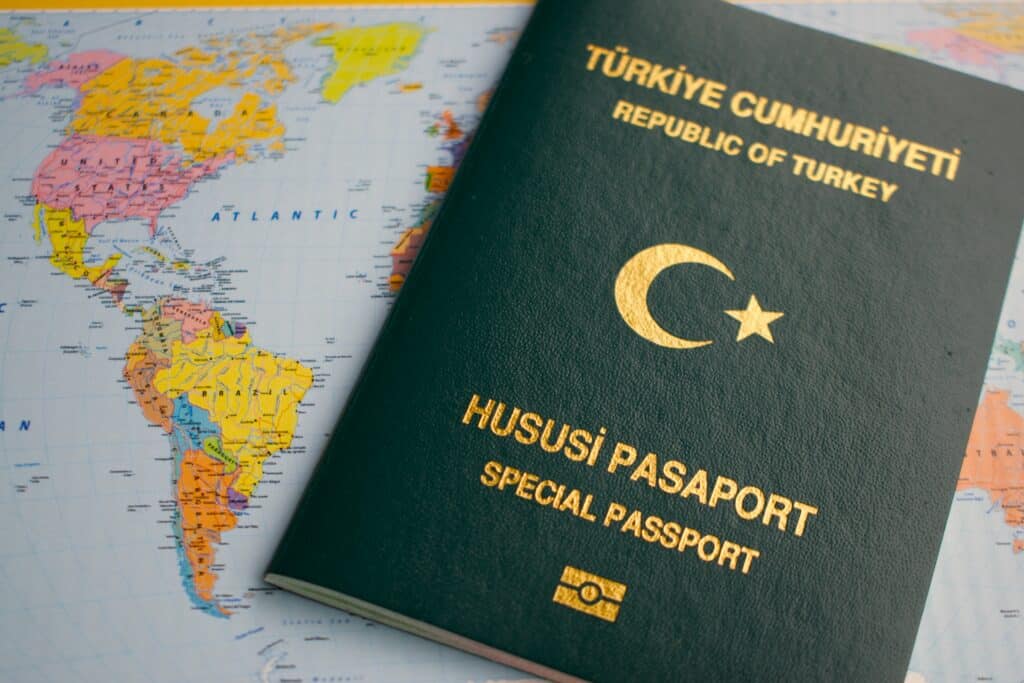
Here at Remitly, we’re proud to help immigrants worldwide send money to their loved ones back home. From talking to our customers, we know that many people have questions about various immigration policies, including dual citizenship.
To help demystify dual citizenship and dual nationality, we’ve created this guide. It explains what dual citizenship means, how people can become dual citizens, and answers common questions about it.
What is dual citizenship?
There are currently 195 recognised countries in the world, and the vast majority of the world’s nearly 8 billion people are citizens of those countries. Some of them are also dual citizens, holding two or more passports.
Dual citizenship means that two countries claim and protect you as one of their own. This can occur if you have parents from different countries or are born in a country other than where your parents hold citizenship. You can also acquire a second citizenship by naturalising in another country. In some cases, this process may result in dual citizenship.
Send and Receive Money Internationally in the UK with Remitly.
Get started with our free mobile app.
Download
The benefits of dual citizenship
Holding dual citizenship comes with responsibilities and benefits. For instance, a dual citizen must obey the laws of both nations, including paying taxes. However, treaties often prevent double taxation. If one or more of your countries has a draft or compulsory military service, you may also be subject to those laws. Benefits include:
Consular protection from multiple countries
Dual citizens are entitled to consular protection from each of their countries. If you encounter legal issues or require assistance while abroad, you can seek help from either country’s consulate, offering more options in times of trouble.
Access to social programmes and entitlements
Citizenship often comes with social and legal benefits. For example, British citizens can access NHS healthcare and other state benefits. Dual citizens can typically benefit from similar programmes in both countries.
Passports and travel
Dual citizens can hold a passport for each country where they have citizenship. This enhances global mobility, as different passports offer varying levels of visa-free access to other countries. For example, a British passport allows visa-free travel across the EU and many Commonwealth nations, while other passports may offer privileges elsewhere.
Extension of full rights
Many rights, such as voting in general elections, are reserved for citizens. Dual citizenship allows you to enjoy the full rights of citizenship in both countries.

Dual citizenship by country
Many countries, including the UK, allow dual citizenship. According to the Global Dual Citizenship Database maintained by the Maastricht Centre for Citizenship, Migration, and Development, around 76% of nations permit their citizens to acquire another nationality without penalty. However, countries such as Japan, India, and China discourage or prohibit dual citizenship.
Japan
Dual citizenship is allowed only until age 22, at which point individuals must choose one citizenship.
India and China
Both countries typically require individuals to renounce their existing citizenship to acquire theirs. When considering dual citizenship, research both countries’ laws to avoid inadvertently losing one of your citizenships.
Common ways to get dual citizenship
Via birthright
In countries with birthright citizenship (jus soli), such as the US and Canada, anyone born within the country automatically gains citizenship. In the UK, citizenship by birth depends on the parents’ immigration status at the time of the child’s birth. Children born to British parents abroad can often claim UK citizenship alongside the citizenship of their birth country.
Via naturalisation
Many countries allow immigrants to naturalise as citizens. Requirements often include residency for a specific period, payment of taxes, and adherence to laws. In the UK, for instance, naturalisation typically requires 5 years of residency (3 for spouses of British citizens).
Via marriage
Marrying a citizen may offer a pathway to citizenship. In the UK, foreign spouses of British citizens can apply for naturalisation, provided they meet the residency and other requirements.
Via investment
Some countries offer citizenship in exchange for significant investment in the local economy. For example, Cyprus and Malta have investment schemes that grant citizenship to qualifying investors.

The difference between citizenship and permanent residence
Dual or multiple citizenship differs from permanent residence. For example, permanent residents in the UK hold indefinite leave to remain (ILR), which grants many rights but not all the rights of citizenship, such as voting in general elections. Permanent residence can be a pathway to citizenship. In the UK, ILR holders can typically apply for naturalisation after 12 months.
The difference between citizenship and nationality
While often used interchangeably, citizenship and nationality can have distinct meanings. “Nationality” usually refers to a person’s country of origin or cultural identity, whereas “citizenship” describes a legal relationship with a state that includes rights, duties, and protections.
The risk of statelessness
Statelessness occurs when someone loses all citizenship and has no legal protection from any country. For example, if a British citizen renounces their citizenship to acquire another, but that other country’s regime collapses, they may become stateless. Statelessness can severely impact one’s ability to live, work, or travel. The UN Refugee Agency works to prevent and address statelessness worldwide.

Dual citizenship FAQs
Does the UK allow dual citizenship?
Yes, British citizens can hold dual citizenship. If you’re a dual citizen, you can hold a UK passport and a passport from another country.
Can a foreign national become a dual citizen in the UK?
Yes. Foreign nationals can naturalise as British citizens while retaining their original citizenship, provided their home country allows it.
Can you have triple citizenship?
Yes, if the countries involved permit it. For example, you could hold British, French, and Canadian citizenships simultaneously, as these countries allow multiple citizenships.
Do dual citizens pay taxes in both countries?
This depends on the tax laws of the countries involved. The UK has double taxation treaties with many countries to prevent dual citizens from being taxed twice on the same income.
Can a former British citizen regain their citizenship?
Yes, under certain circumstances, a person who previously renounced British citizenship can apply to regain it. Consult the UK Home Office for guidance.
How can you determine if a country recognises dual citizenship?
Check government immigration websites or consult an immigration lawyer to understand the laws of the countries in question.